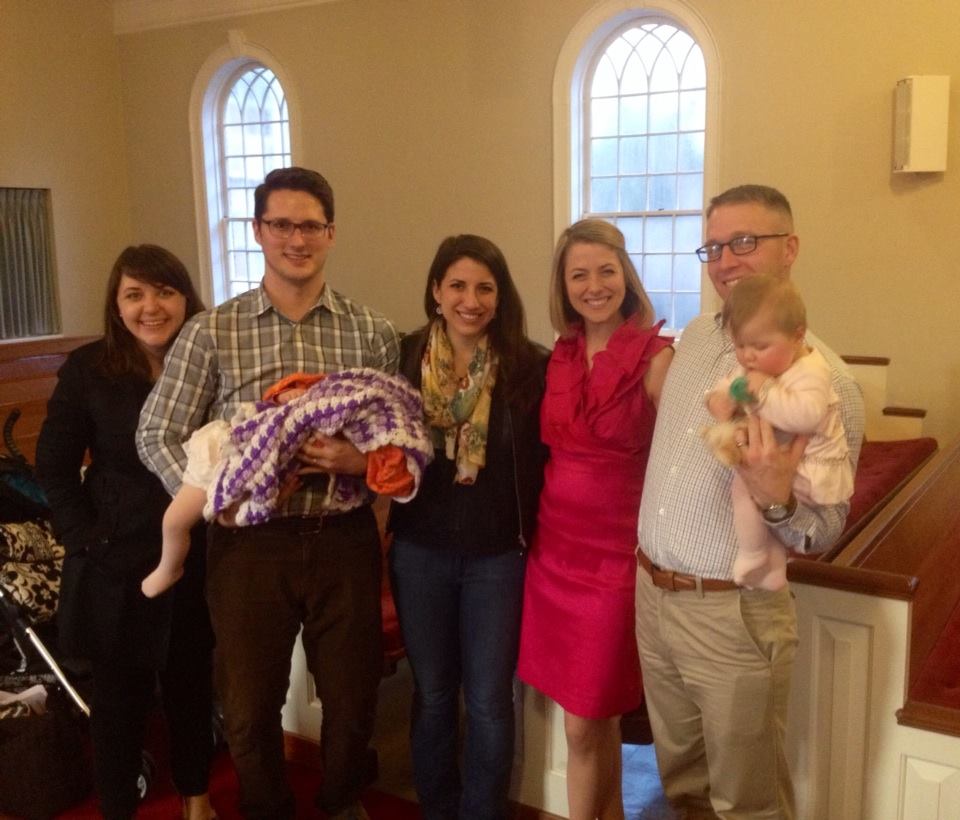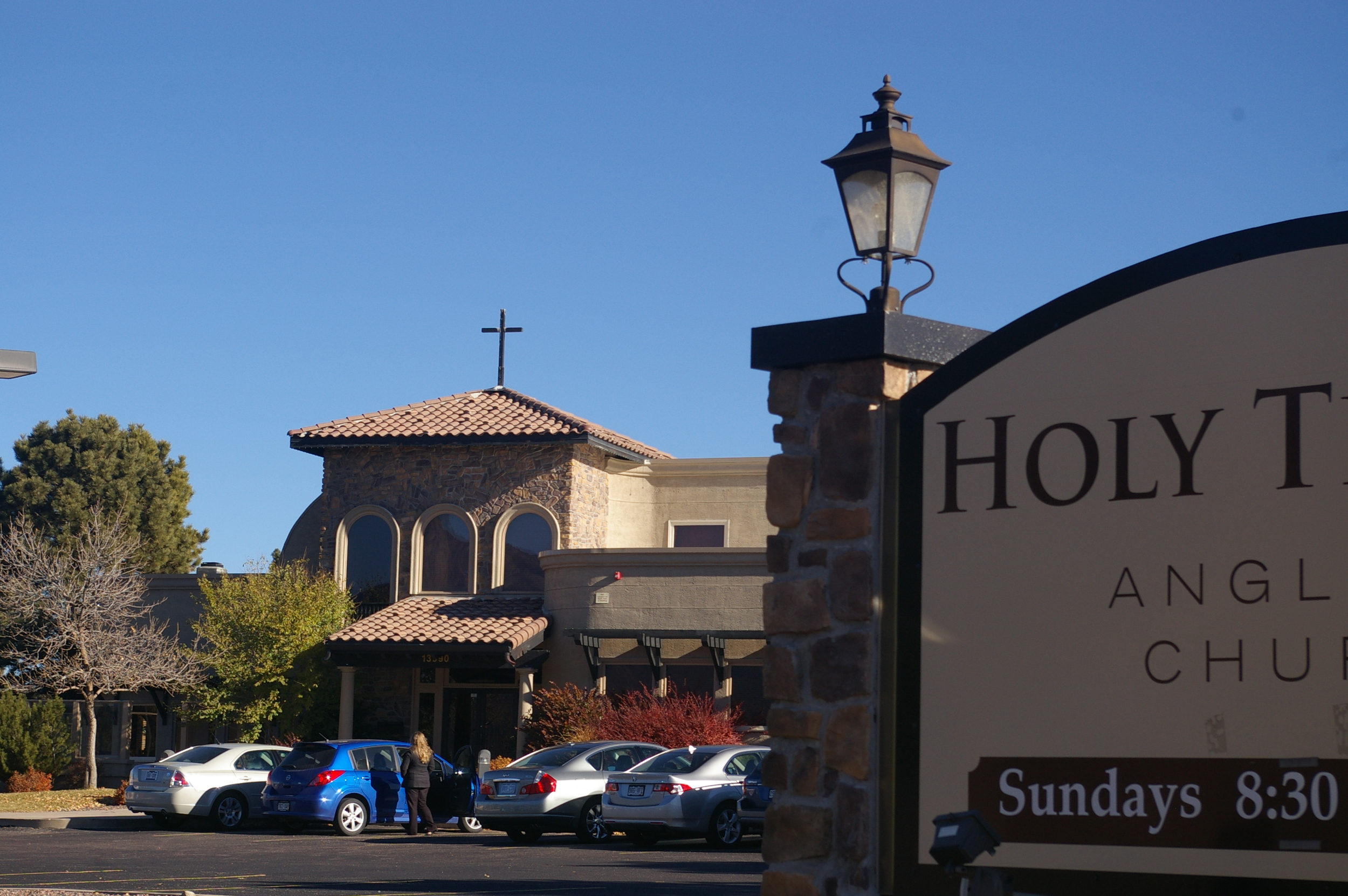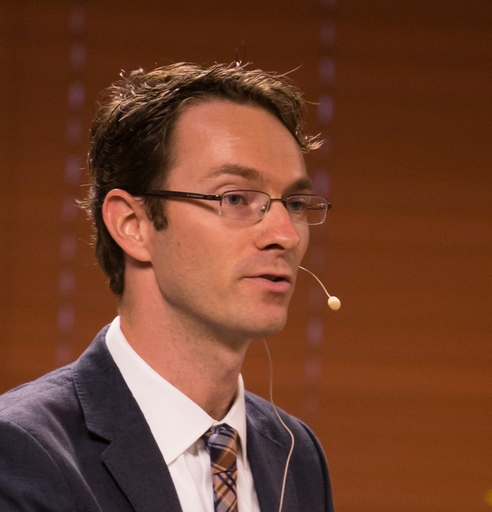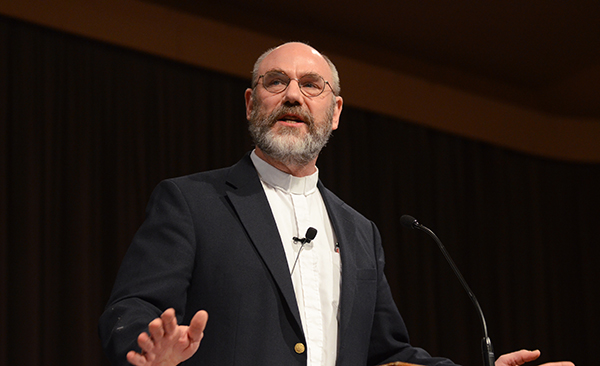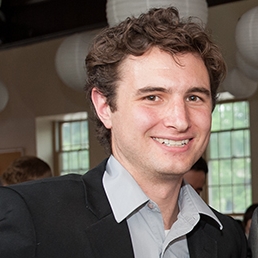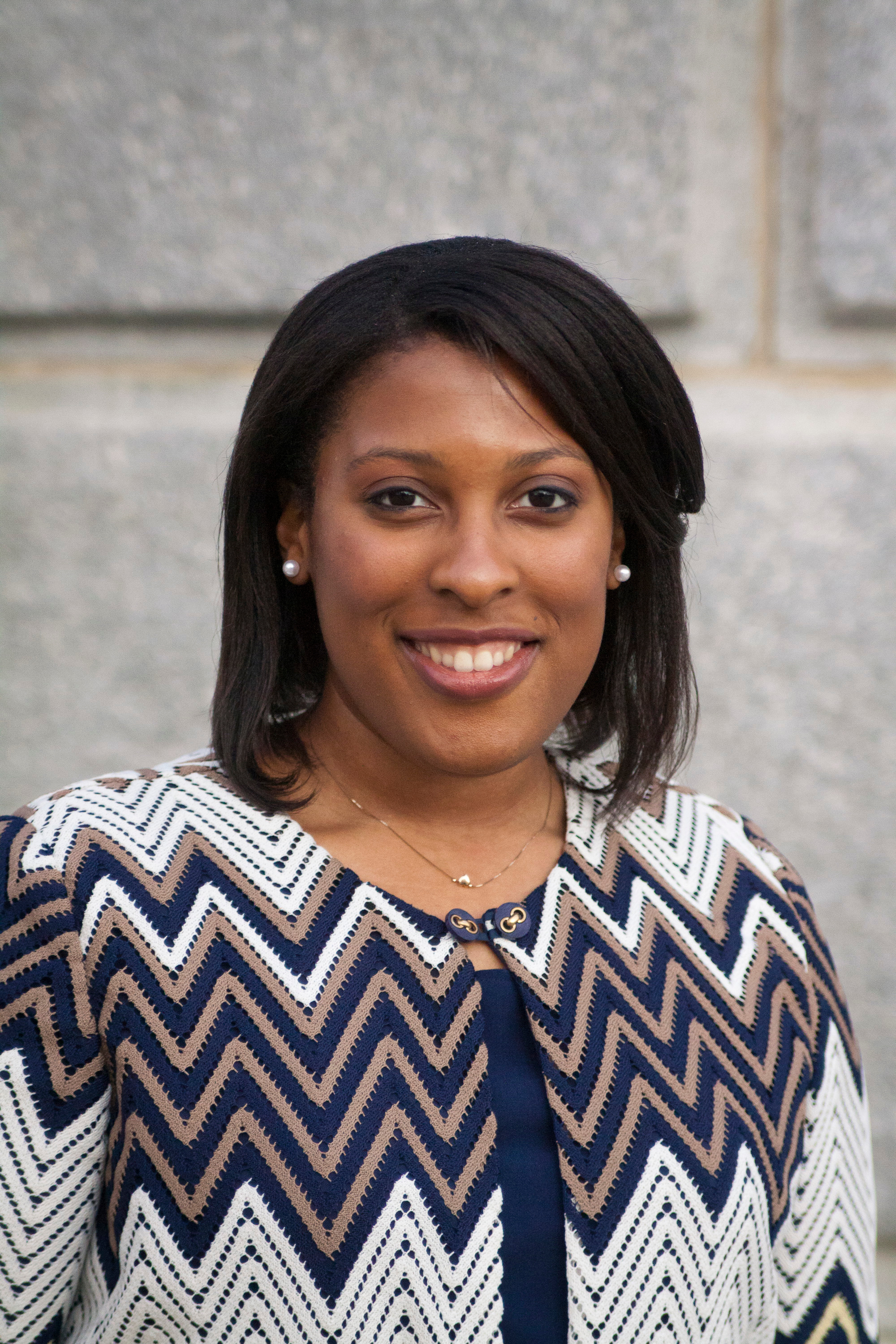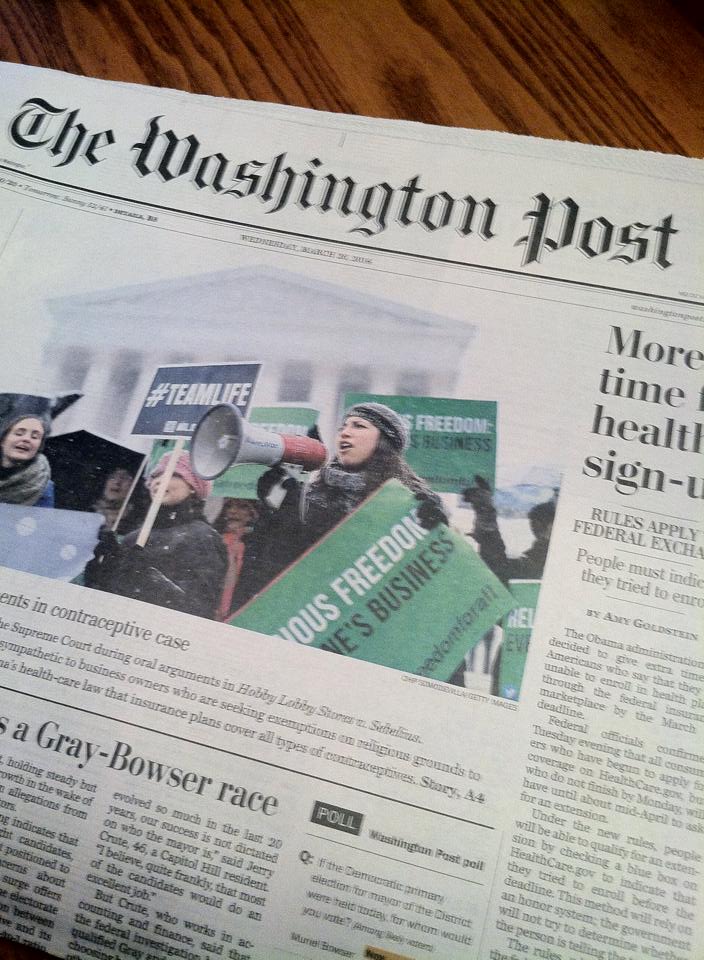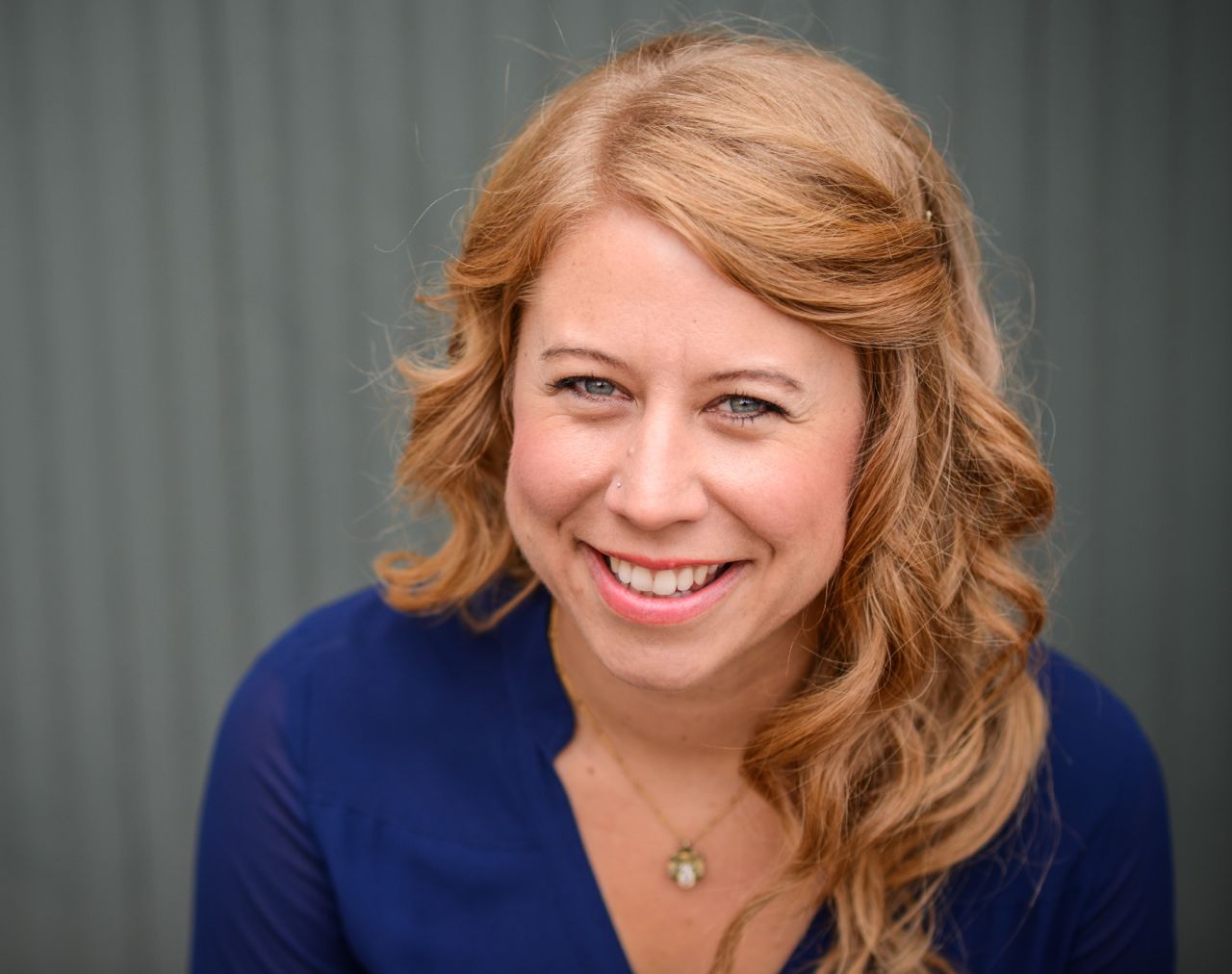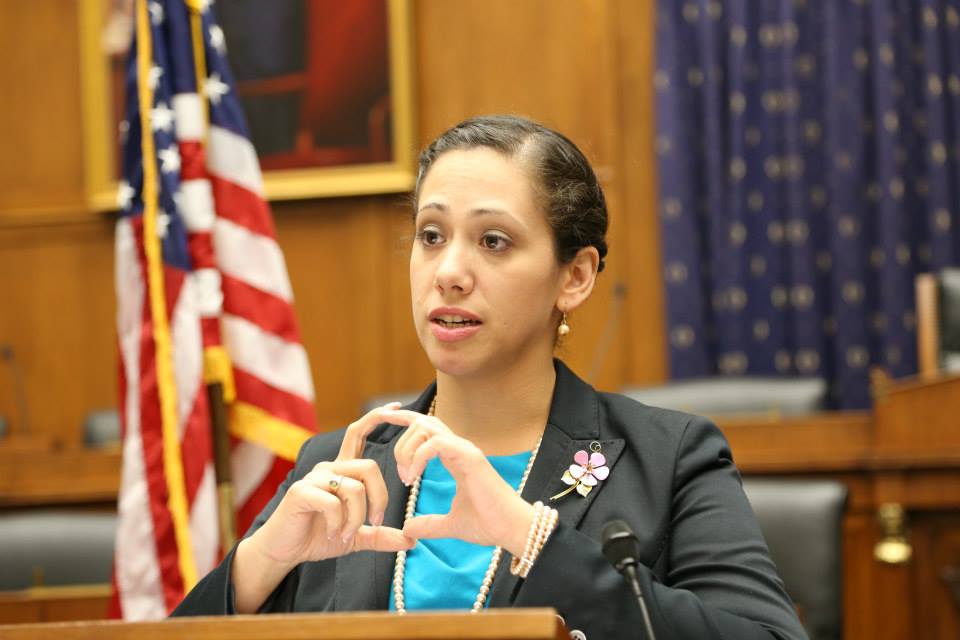As 4,000 churches close yearly and 3,500 people leave the church daily, some prominent church leaders are asking the question: where will tomorrow’s leaders come from?
Who are the leaders with the vision and background to stay faithful to and focused on the gospel while tackling the church’s difficult social situation—declining membership, declining religious liberty, and big questions about everything from worship styles to denominational shifts to the church’s role in society?
The John Jay Institute’s global network has that vision and that background, with a thorough grounding in political theology and the biblical narrative, and a link to nationwide ministry leadership. Results on the ground are showing it.
What We've Achieved
Building local churches
Good leadership starts from the ground up--by example. In transient cities like Washington, D.C. known for come-and-go young people, alumni have invested in local parishes—putting down roots, starting families, and committing to the well-being of their neighborhoods. Defying demographic trends, alumni have played leadership roles in new church plants as well as the stunning growth of parishes in several cities. In addition, numerous alumni are already pastors and priests, like Rev. Josh Pease of Christian Assembly Church, Fr. Dwight Schlaline of Our Lady of the Visitation Catholic Church, and Emmanuel Mutangana of River City Church. Many others are pursuing ordained ministry, like Bryan Wandel '07 and Jacob Stubbs '13, are serving in chaplaincies like Kaelan Clay in the military and Emilie Noteboom '10 in the Oxford Pastorate, or play crucial supporting roles like Miriel Reneau '09, faith formation coordinator at St. Francis of Assisi Catholic Church.
Providing strategic vision
Strategist Brian Brown ’07, in addition to founding the Anselm Society through his church in Colorado, has led conversations and done consulting with several seminaries, churches, and dioceses across the country on the topic of church growth and demographic shifts. He has also helped Peter Leithart and other pastors start new leadership development centers for pastoral training, and Russian Leadership Ministries build up its seminary resources in Moscow. Joe Bone '12's work as product manager at ORA LLC has helped develop apps and technologies in support of tomorrow's prayer networks. Many other alumni teach and play leadership roles in seminaries and ministry schools, helping develop the rising generation of ordained clergy and lay leaders--alumni such as Anna Speckhard '08 at Westminster Seminary California, Rob Corzine, vice president of programs at St. Paul Center for Biblical Theology; and Michelle Harrington, Religious Ethics Fellow at the University of Chicago Divinity School.
Finding spiritual inspiration for a new generation
Bryan Wandel ’07, editor of the “Pray” channel at Humane Pursuits, has build an online space for it; his network of writers routinely provide not just ideas but poetry and music, supplemented by the “Create” channel’s regular interviews with religious artists of all kinds.
Defending religious liberty
Mattias Caro ’03 submitted an amicus brief to the U.S. Supreme Court in the Hobby Lobby Case. John Jay Fellows made the cover of The Washington Post leading peaceful demonstrators during the case. Institute Research Fellow Barton Gingerich has provided input for churches and organizations on the church’s PR in the public square, via the Institute for Religion and Democracy and in his new post as editor of Patheos Evangelical. Others like Ashley Blount '13 have worked tirelessly for the Beckett Fund for Religious Liberty, and over half a dozen alumni have been named Blackstone Fellows by the Alliance Defending Freedom (ADF).
Equipping churches to be forces for good in their neighborhoods
"It’s not just about programs,” says Brandon Showalter ’07, a third-year seminarian. “We have to build little platoons of relationships and renew the social structures from the inside out before we can ever expect to witness any meaningful improvement." Sara Joy Proppe ’04, founder of the Proximity Project, is doing that with a vision of Christian urbanism. Melinda Sanchez '12, who has a master's degree in city and regional planning from Penn, is doing it through her role as national programs and training coordinator for Esperanza USA, one of the nation's largest faith-based Hispanic networks. Matthew Maule '14 observes national religious and social trends from his spot at the Institute for Religion and Democracy.
““I’m excited to see less drive for church programming and more push for congregants to know their neighbors. I think this act of faithful presence in our neighborhoods is a significant opportunity for churches to be a compelling light in the darkness.””



